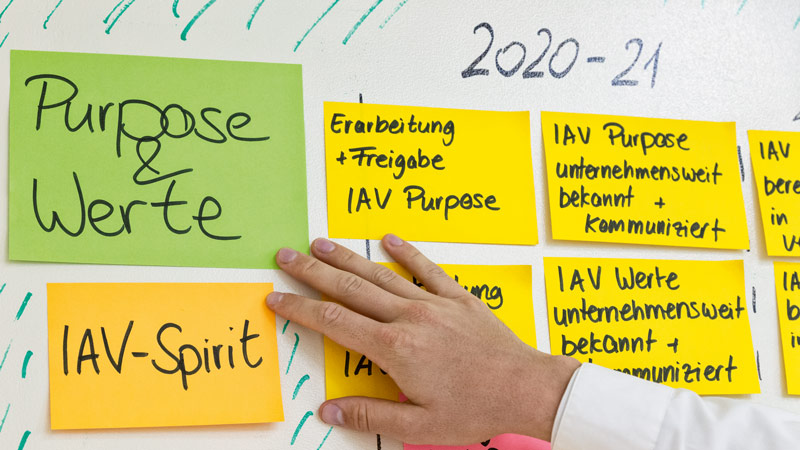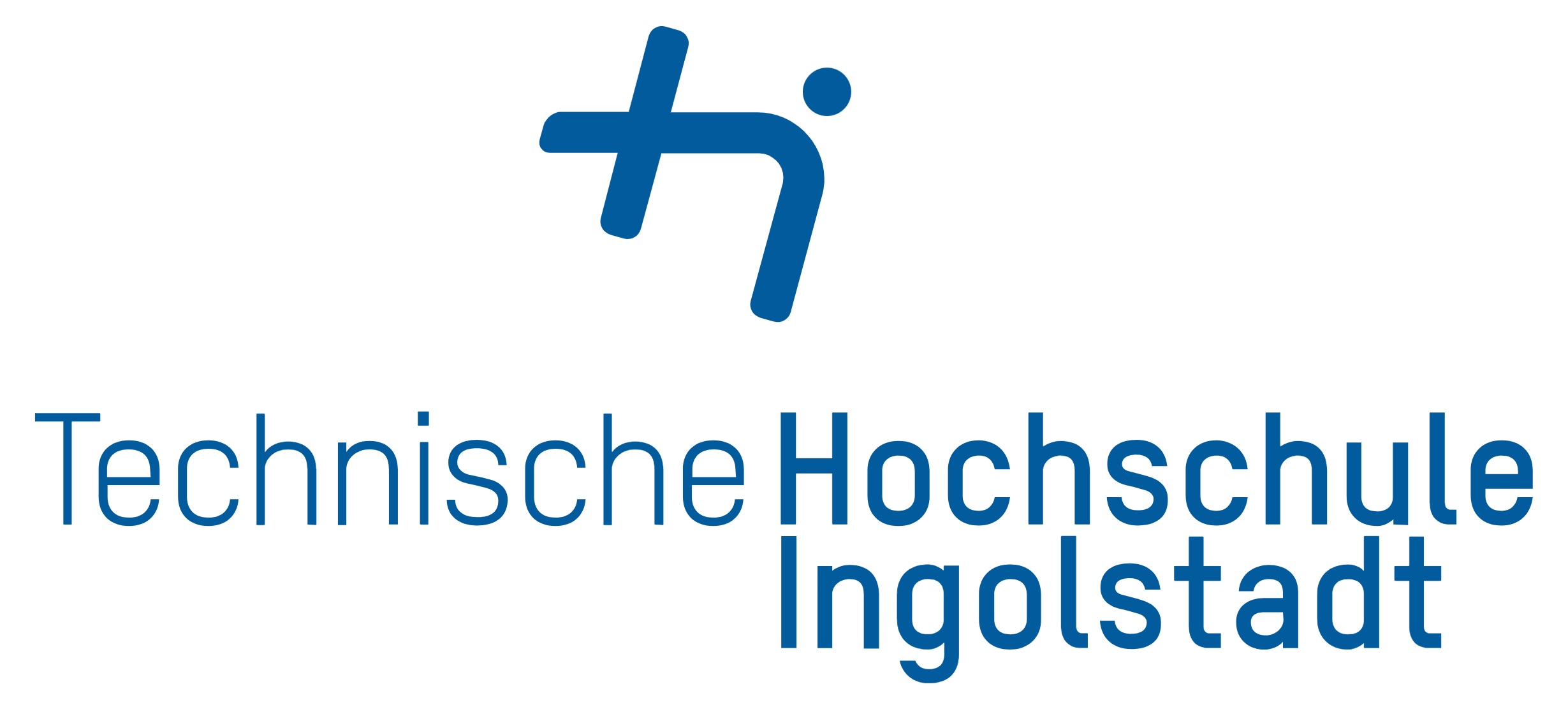Better together: Man and machine
02.08.2022 —
Sankt Augustin, Mittweida, Chemnitz – Mittweida University of Applied Sciences, DLR and IAV are pooling their expertise to enable intelligent robots to become a reality in a wide range of applications more quickly. The project “AI in the Loop” has now been started for this purpose.

Artificial intelligence (AI) has a great role model: Human intelligence. AI imitates the cognitive abilities of humans and learns through experience, for example by interacting with their environment – other machines, but above all humans. Only when a smooth procedure can be reliably ensured can AI be used in various fields of application, such as autonomous driving, self-propelled robots in the logistics or in future also in the care. As in human interaction, AI applications in human life depend on trust and acceptance.
The joint project “AI in the Loop” of the Institute of AI Security at the German Aerospace Center (DLR), the University of Applied Sciences Mittweida and engineering specialist IAV has set itself the task of creating a research environment that enables scientists to manage the interaction, this means to observe and experience the coexistence of AI applications and AI users more directly in everyday life. The aim is to adapt and optimize of the applications more quickly in terms of greater safety, error-free operation and to create more acceptance and trust among the users.
The partners at Mittweida University of Applied Sciences and DLR are building up the research environment. KI algorithms are to be trained in real-life environments directly on autonomous or self-propelled robots or similar vehicles. A complex infrastructure is required to carry out the training loops. It consists of various cloud services and a special software environment on the robots, which implements the creation, testing, execution, and recording. The focus is on the direct feedback of the behavior of the adapted AI algorithms into a real environment and the question how this can significantly improve the trustworthiness and reliability of the used AI.
Prof. Dr.-Ing. Alexander Lampe, Professor of Signal and Systems Theory at the Faculty of Engineering at the University of Applied Sciences Mittweida and project manager of “AI in the Loop” explains: “Until now, AI algorithms with recorded data sets are taught or trained in a separate, artificial environment.”
«With the findings from AI in the loop, we can develop new methods and algorithms that enable independent learning and optimization in real environment.»
— Professor of Signal and Systems Theory and project manager of "AI in the Loop"
The first step is to set up a reality laboratory at DLR’s Institute of AI Security. The new training and implementation procedures are tested on self-propelled service robots. It is being prepared to set up in the innovation laboratory “Humans, robots and KI” at the Mittweida University of Applied Sciences, where first tests with robots are on the agenda. The industrial partner IAV provides the research partners with a state-of-the-art software management environment with which new software can be continuously rolled out to the robots and the execution status can be monitored. In this way, the complex experiments can be carried out very efficiently, purposefully, and quickly.

Brief introduction of the project partners:
The DLR Institute of AI Security is based in Sankt Augustin and Ulm and develops methods and technologies for reliable and safe AI use. Safe both in terms of protection against external attacks (security) and operational safety (safety). The scientists are equally involved in basic research on artificial intelligence as well as in application-oriented and practical developments. Issues of data sovereignty, transparency, and shared use – the basis of an automated networked industry 4.0 and new digital services – play a major role in this.
Within DLR, the institute is active across all areas in the fields of aviation, space, energy, and transport. External cooperation and projects with industry add to this further fields of application that have a high economic and social relevance. In addition to safety-critical aspects, issues relating to ethics, law and society are also specifically considered.
With more than 7,600 employees, IAV GmbH Ingenieurgesellschaft Auto und Verkehr is one of the world’s leading engineering partners for the automotive industry. The company has been developing innovative concepts and technologies for future vehicles for more than 35 years and generated sales of approximately 863 million euros in 2021. Its customers include all major automobile manufacturers and supplier worldwide. In addition to vehicle and powertrain development, IAV has already entered the e-mobility and autonomous driving at an early stage and is today one of the leading development service providers in these areas. In addition to the development centers in Berlin, Gifhorn and Chemnitz/Stollberg, IAV has other locations in Munich, Sindelfingen and Ingolstadt, as well as in Europe, Asia and also in North and South America.
With around 6.900 students, the Mittweida University of Applied Sciences is one of the largest universities in Saxony. Research focuses include applied computer science as well as product and process development, which are interdisciplinary through application-oriented research in the field of AI/machine learning. Numerous young researchers analyze different application scenarios and develop solutions with the help of machine learning in cooperation with the Institute for Computational Intelligence and Machine Learning of the University of Applied Sciences (SICIM). The reliability, safety and interpretability of the emerging AI applications are a particular focus of research.
The University of Applied Sciences Mittweida and IAV cooperate in research and further qualification. For example, IAV finances two endowed professorships at the Faculty of Engineering, and the university qualifies in the master program Networked Intelligent Systems Engineers from IAV for the development work on the mobility of the future.



